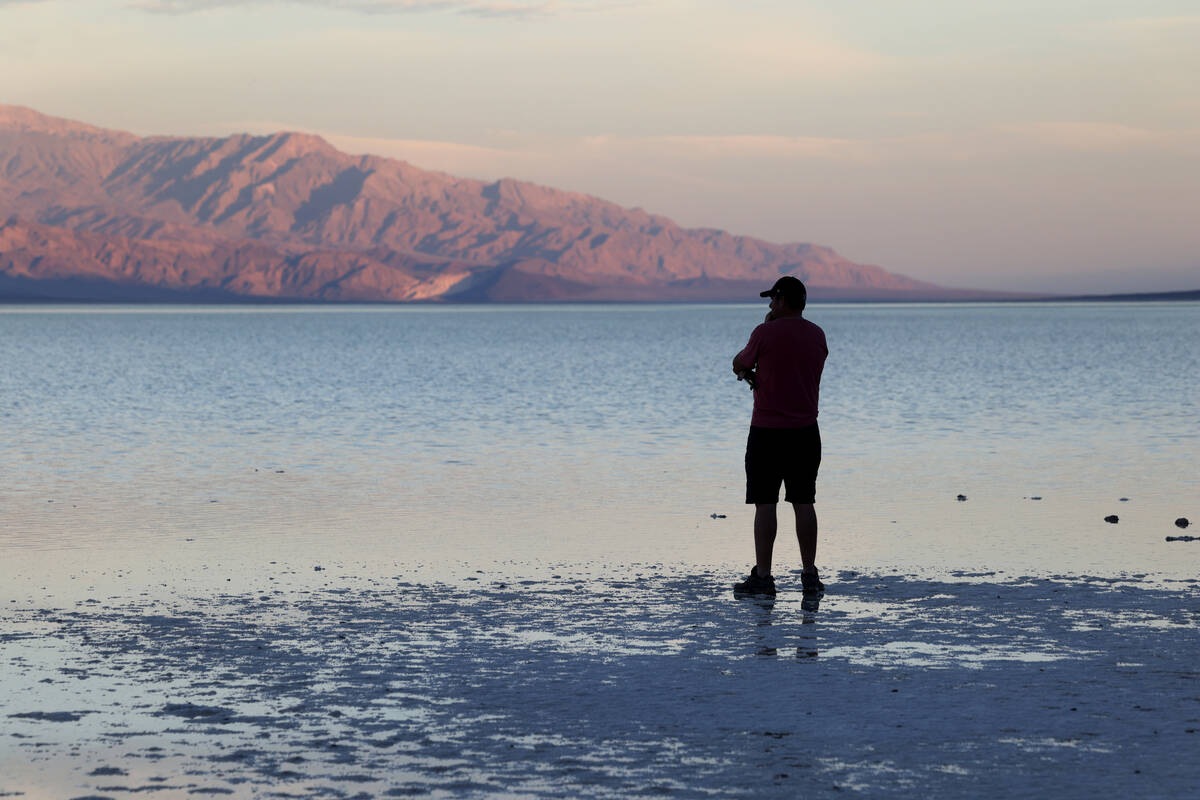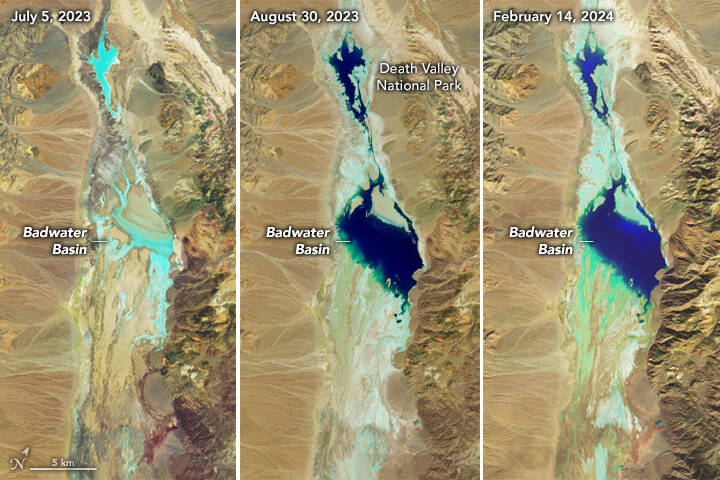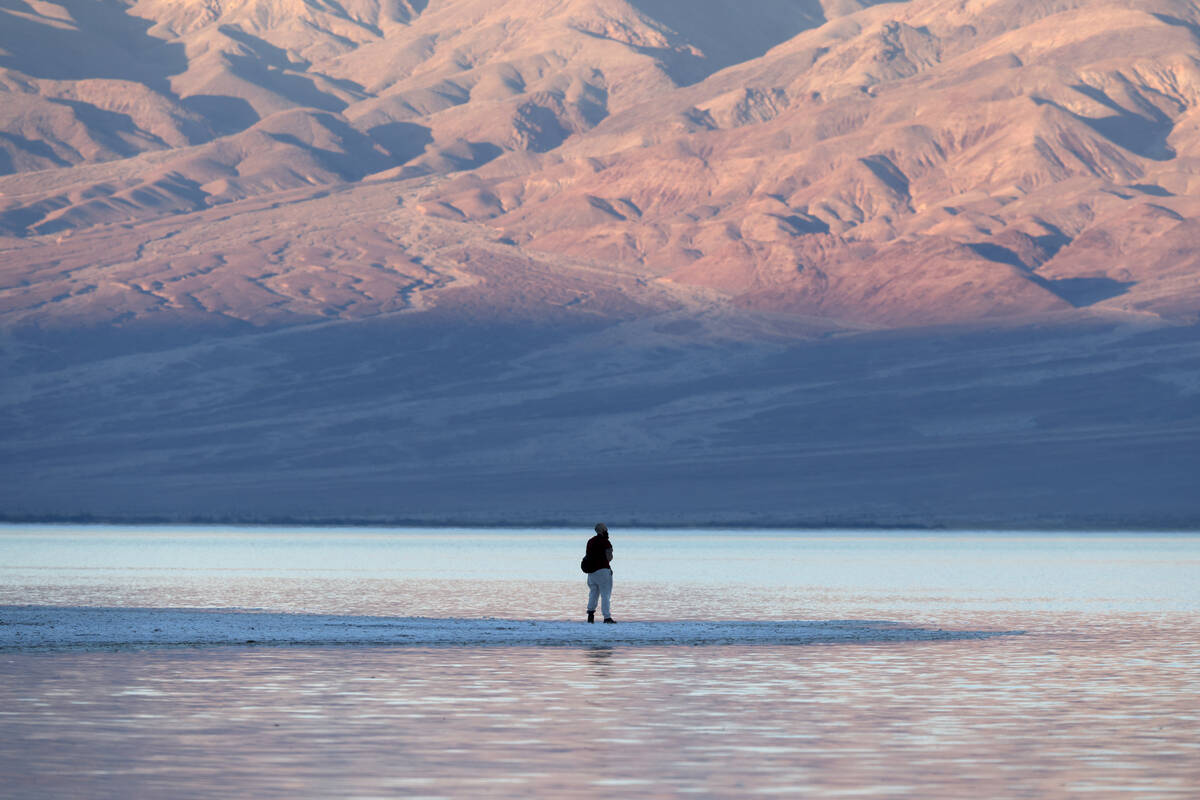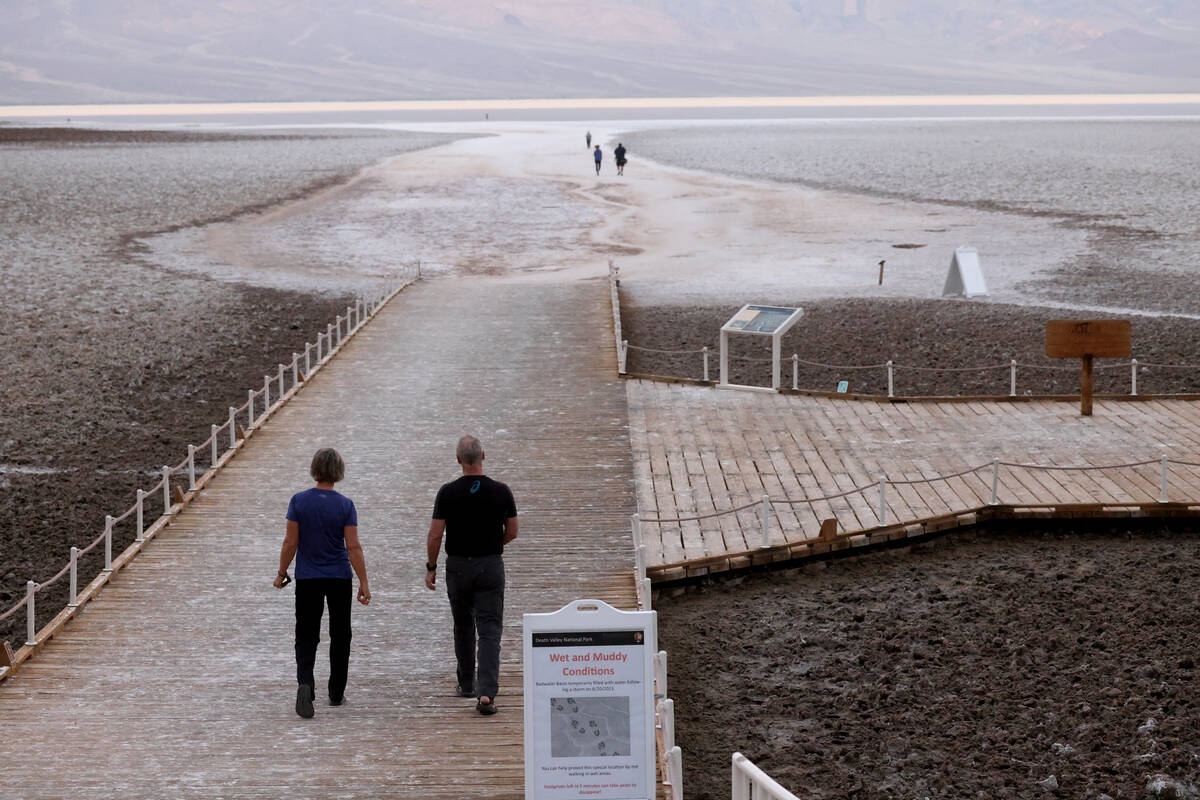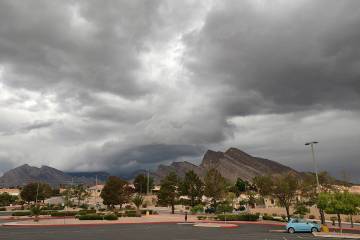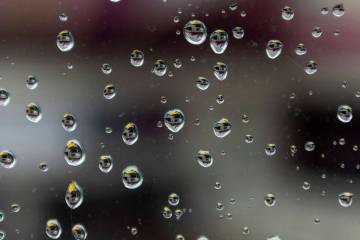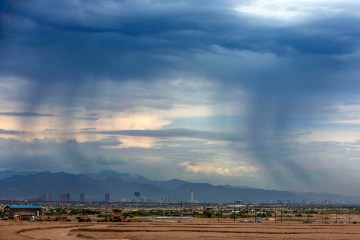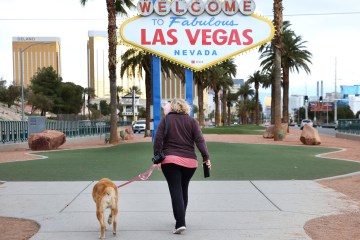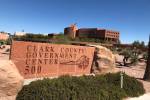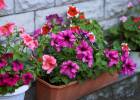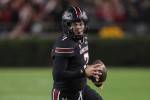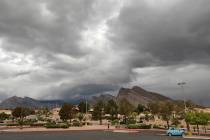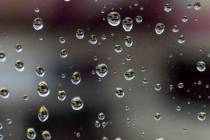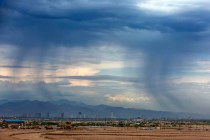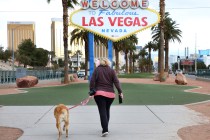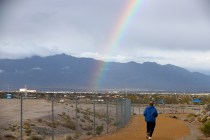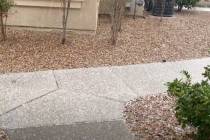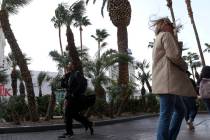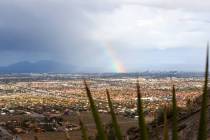Kayaking in Death Valley? ‘Extremely rare’ weather has made it possible
Kayaks aren’t a must-bring item when visiting Death Valley National Park.
It hasn’t ever really been a boating destination; in fact, the park is the driest place in North America.
That changed this past year with the formation of Lake Manly, as it’s officially been dubbed after a lake that dried up thousands of years ago, due to a deluge of rain from what’s been called California’s atmospheric river and Hurricane Hilary. The storms gave the park a total of 4.9 inches over the past six months.
Badwater Basin, a salt flat at 282 feet below sea level, lies at the end of the Amargosa River that flows out of Nevada.
The park, about 120 miles west of Las Vegas, normally gets about 2 inches of rain a year that doesn’t exceed the evaporation rate. The lake was deep enough to kayak after Hilary, but it wasn’t until recently that flooded roads were cleared to allow access to the natural wonder.
Stunning satellite images from NASA show that the lake has grown to about the size it was in August. Before 2023, the lake hadn’t formed since 2005, when it lasted for roughly a week.
“This is an extremely rare event,” park ranger Abby Wines said in a news release. The lake is currently about 6 miles long, 3 miles wide and 1 foot deep. Many took to social media over the weekend to share photos of their adventures in the lake.
But the magic might not stick around for long — rangers estimate that the lake will only be deep enough for boating for a few weeks, though the lake itself will be there until April.
To get to the lake, rangers suggest following the road that goes to a parking lot right near the Badwater Basin boardwalk.
Contact Alan at ahalaly@reviewjournal.com. Follow @AlanHalaly on X.



